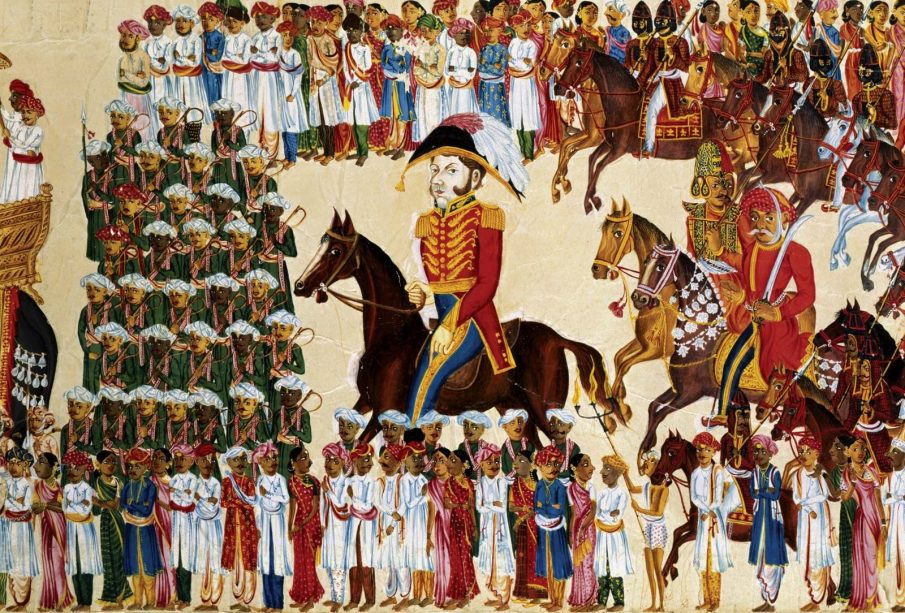Understanding the East India Company and Its Impact

Introduction: The Importance of the East India Company
The East India Company, established in 1600, played a pivotal role in India’s history and the global dynamics of trade during the colonial period. Understanding its origins, operations, and eventual decline not only reveals the complexities of colonialism but also sheds light on how it shaped modern India. In the context of current discussions around colonial legacy and historical reckoning, the relevance of the East India Company remains significant.
Formation and Growth
The East India Company began as a modest trading company granted a royal charter by Queen Elizabeth I, allowing it to trade in the East Indies. Initially focused on spices, the company later expanded into textile trade, particularly cotton and silk, leading to its immense influence over Indian markets. The establishment of various trading posts and factories, such as those in Surat, Calcutta, and Madras, marked the beginning of its transformation from a commercial entity to a political power.
Colonial Control and Manipulation
The company’s model of governance evolved as it sought to consolidate power. Following victories in key battles, such as the Battle of Plassey in 1757, it effectively became the ruling authority in large parts of India. The infamous policies of extracting resources and high taxation fueled resentment among Indian populations, leading to social unrest. The company’s actions laid the groundwork for future nationalist movements as it exploited local economies for the benefit of Britain.
The Decline and Legacy
By the mid-19th century, widespread dissatisfaction culminated in the Revolt of 1857, a critical point that led to the dissolution of the East India Company in 1874. The British Crown took direct control of India, marking a significant shift in colonial policy. The legacy of the East India Company can still be seen today, influencing debates on economic exploitation, cultural identity, and historical memory in India.
Conclusion: Understanding the East India Company’s Significance
The East India Company’s impact on India’s socio-economic fabric and its role in global trade during the colonial era remain relevant topics for scholars and the public alike. As modern India navigates its global ambitions, reflecting on the lessons from the past, including the Company’s legacy of exploitation and resistance, can offer insights into its future development. The discussions surrounding the East India Company extend beyond history, inviting contemporary discourse on colonialism’s effects and the ongoing struggle for economic and cultural autonomy.







